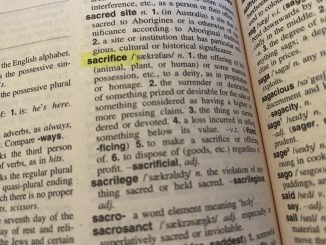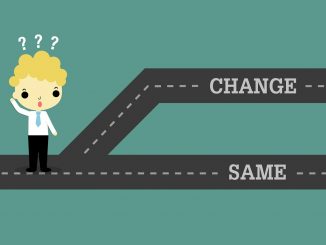No two counselling clients are the same, everyone comes into the process in a different place with different needs.
Couples counselling is the same – each couple is in their own unique place with their own unique strengths and challenges.
One thing though that seems to be fairly constant among many of my clients is the basic flow of the counselling process.
There seems to be, quite often, three phases of counselling.
These phases could be described as:
- Identifying the issue
- Working on the issue
- Mastering the issue
So you have that first stage where things are being assessed. What are the things impacting the person or situation, who is the client and what are their immediate needs?
The next phase. where you start working on the issue, could be described as the stabilisation period. You are finding that things maybe aren’t as difficult as they were, and/or maybe there are some signs that things can be better?
The third phase is the growth phase.
This is the part of the process where you start to really grow and change, implementing the things that you’ve tried, and getting results (hopefully) from the changes that have been made.
In the classic Taoist or Zen philosophy, these stages could be categorized as:
- Looking for the Ox
- Seeing the Ox
- Coming home on the Ox’s back
Or, perhaps a medical analogy could be:
- Stabilising the patient (perhaps an ambulance on the scene of an accident)
- Treating the patient for their injuries (surgery and care at the hospital)
- Rehabilitation (physio and strengthening exercises)
Sometimes people come to counselling and don’t give themselves a chance to really work through things. There is no magic wand solution to any issue.
Speaking of threes, I aim to help my client’s develop three things in the counselling process:
- Resilience (the ability to better negotiate future issues)
- Skills (strategies you can call on to help you in the future)
- Understanding (a better idea of who you are and what your needs/wants are)
If you do come to see a Counsellor with an attitude of hoping to learn new things and enjoying the possible fruits of personal growth then do give it a try.
It could be the best thing you ever do.



